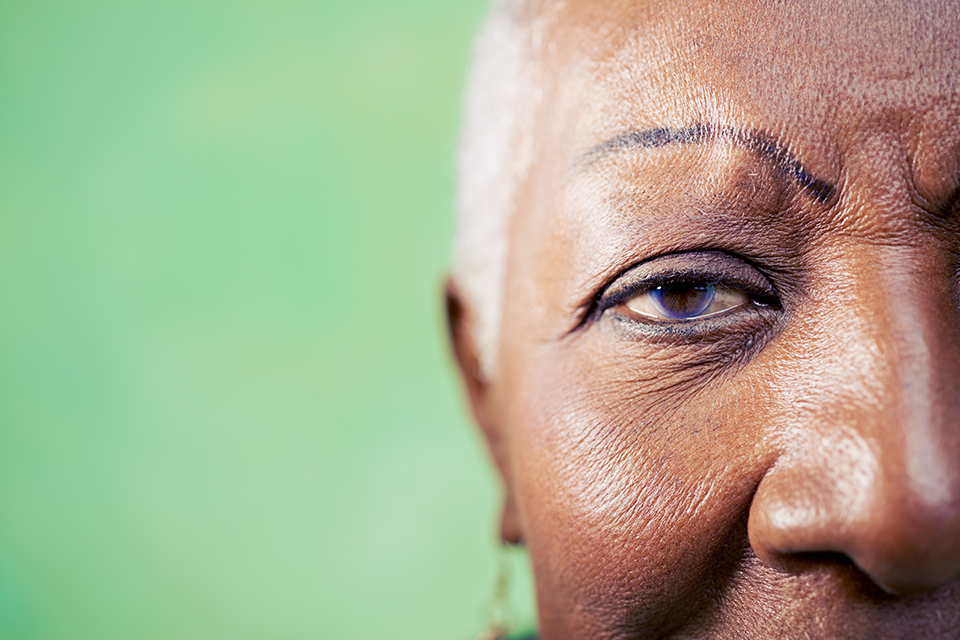Introduction
Thanks to advances in antiretroviral therapy (ART), people living with HIV are now living longer, healthier lives. In fact, more than half of all people living with HIV in many countries are over the age of 50. While this is a remarkable achievement in public health, it also introduces a new set of challenges: aging with HIV.
Older adults with HIV face unique health considerations that go beyond managing the virus. These include an increased risk of age-related diseases, drug interactions, cognitive decline, and social or mental health issues. This article explores the intersection of HIV and aging, and how older individuals can maintain health, independence, and quality of life.
Why HIV and Aging Require Special Attention
HIV itself, along with some long-term effects of ART and immune system damage, can accelerate certain aspects of biological aging. As people with HIV get older, they may:
- Experience age-related illnesses earlier
- Face complex medication regimens
- Have an increased risk of mental health issues and isolation
- Encounter stigma based on both age and HIV status
Understanding these risks allows for preventive care, personalized treatment, and healthier aging.
Common Health Concerns in Older Adults with HIV
1. Cardiovascular Disease
- HIV increases inflammation in the body, raising the risk of heart disease, stroke, and high blood pressure.
- Some ART medications can affect cholesterol and triglyceride levels.
Prevention Tips:
- Get regular blood pressure and cholesterol checks
- Quit smoking
- Eat a heart-healthy diet
- Stay physically active
2. Bone Health and Osteoporosis
- Both aging and HIV can lead to bone thinning (osteopenia/osteoporosis).
- Certain ART drugs (e.g., tenofovir) may contribute to bone loss.
Prevention Tips:
- Get bone density scans (DEXA)
- Ensure adequate calcium and vitamin D
- Engage in weight-bearing exercises
- Limit alcohol and avoid smoking
3. Cognitive Decline and HIV-Associated Neurocognitive Disorders (HAND)
- Some older adults with HIV experience problems with memory, focus, and decision-making.
- While ART has reduced severe forms of HAND, mild symptoms are still common.
Prevention Tips:
- Adhere to ART to control the virus in the brain
- Stay mentally active (puzzles, reading, social interaction)
- Manage other health conditions (diabetes, hypertension)
- Monitor and report any changes to your provider
4. Polypharmacy and Drug Interactions
- Older adults often take multiple medications for various conditions.
- This increases the risk of drug-drug interactions, especially with ART.
What to Do:
- Keep an up-to-date medication list
- Use one pharmacy when possible
- Have regular medication reviews with your doctor or pharmacist
5. Cancer Risk
- HIV increases the risk for some non-AIDS-defining cancers, such as:
- Anal cancer
- Liver cancer
- Lung cancer
- Hodgkin’s lymphoma
Prevention Tips:
- Stay on ART
- Get regular cancer screenings (e.g., Pap smears, colonoscopy, mammograms)
- Vaccinate against HPV and hepatitis B
6. Mental Health and Social Isolation
- Older adults with HIV may feel isolated due to stigma, loss of peers, or physical decline.
- Depression and anxiety are common and can affect ART adherence and overall well-being.
Support Strategies:
- Seek counseling or mental health services
- Join support groups or aging and HIV communities
- Maintain social connections with friends and family
Stigma and Aging
Many older people with HIV face double stigma:
- From ageism (negative attitudes about older adults)
- From HIV-related discrimination
This can lead to:
- Reluctance to seek help or disclose status
- Poorer mental health
- Social withdrawal
What Helps:
- Education and awareness
- Community involvement
- Talking openly with healthcare providers about needs and concerns
Sexual Health in Older Adults with HIV
Sexual health remains important at all ages. Older adults may:
- Be less likely to use condoms due to lack of pregnancy concern
- Underestimate their risk of STIs
- Feel embarrassed to discuss sex with providers
Recommendations:
- Use protection to prevent STIs
- Discuss sexual activity with your healthcare provider
- Maintain regular STI screening
HIV Care for Older Adults: What to Ask Your Doctor
- Are my medications safe to take together?
- Should I be screened for bone loss or memory problems?
- How can I reduce my risk of heart disease or cancer?
- Are there support services for older adults with HIV?
Personalized care is key; what works for younger people may not be appropriate for those over 50.
Conclusion
Aging with HIV brings challenges, but it also offers the chance to thrive with the right care and support. Staying healthy means:
- Taking ART consistently
- Managing age-related conditions
- Prioritizing mental and emotional wellness
- Staying socially engaged
With a proactive approach and supportive healthcare, older adults with HIV can enjoy long, fulfilling lives.
Aging doesn’t mean slowing down — it means living smarter and stronger.
FAQs
Can people with HIV live into old age?
Yes! With consistent ART and good medical care, people with HIV can live long, healthy lives.
Does HIV make you age faster?
HIV may increase the risk of age-related illnesses, but managing it well can reduce this impact.
Are older adults at higher risk for HIV-related complications?
Yes, due to weaker immunity, other health conditions, and the effects of long-term ART use.
What are key health screenings for aging with HIV?
Bone density, cancer screenings, heart health, memory testing, and mental health check-ins.
How can older adults with HIV reduce stigma and isolation?
Join support groups, engage in community activities, and talk openly with trusted people and providers.






